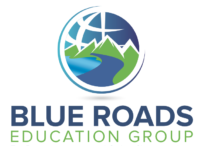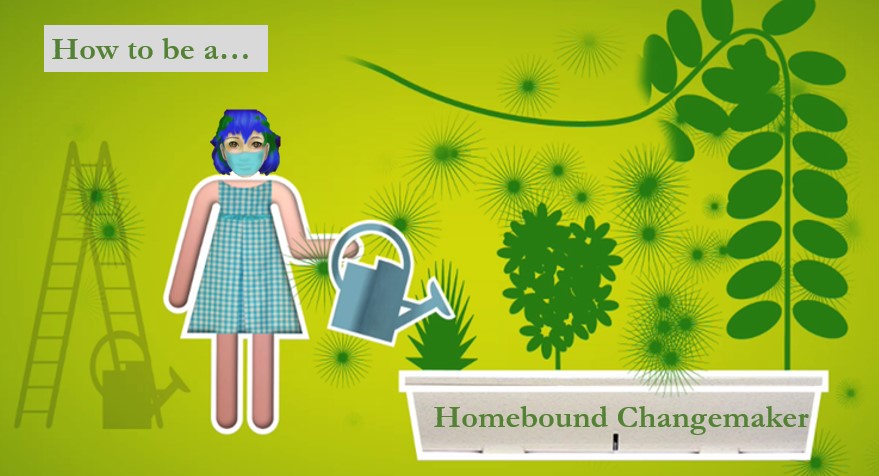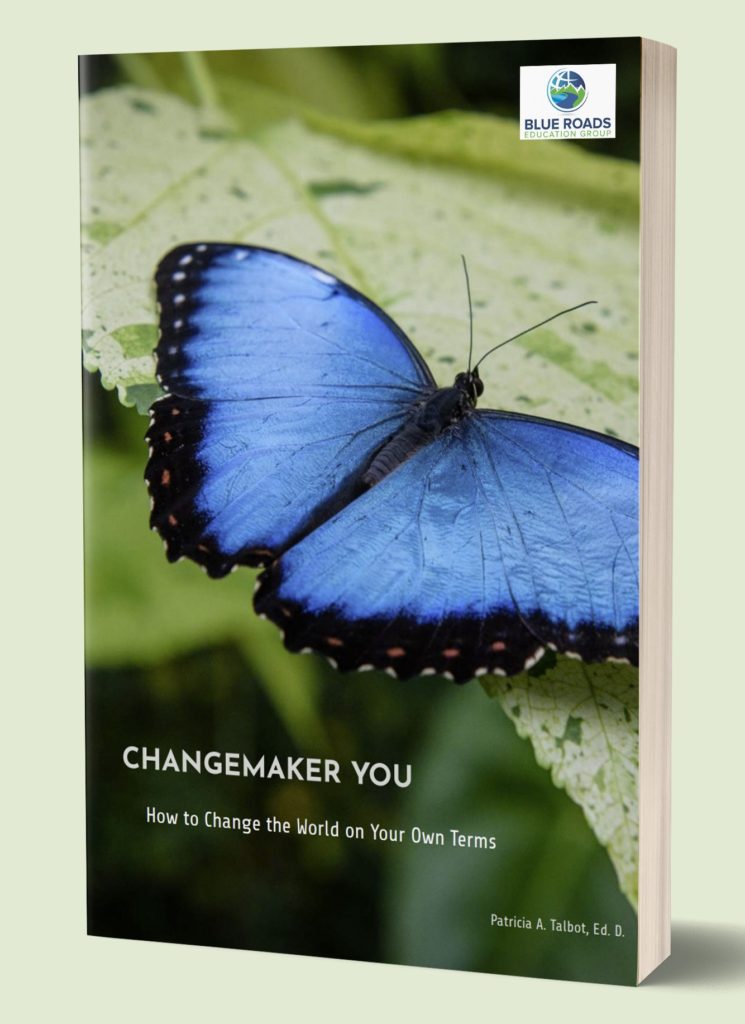In Part I, we considered the first two quadrants of the Changemaker Journey “Homegrown Solutions” in light of current recommendations to stay at home as much as possible. In this second installment of “How to be Homebound Changemaker, we are thinking about the “Patchwork World” described in the 3rd and 4th quadrants of the Blue Roads Changemaker Journey. Here we are encouraged to think beyond our personal experiences to engage with others from a more global perspective.
Cultivating Cultural Connectivity
This is an important time to recognize the beauty of our diversity as well as the challenges we encounter in seeing the world through the eyes of others.
My husband shared a recent story of an Asian American heckled and bullied while shopping in a popular superstore. No one spoke up to stop the racist harassment. No one acted on the woman's behalf.
As we talked about the incident with shock and dismay, I could only hope that I would not have been one of those bystanders if I were to witness such a situation. We promised each other that we would “practice” being ready to step up with at least a firm “Hey! That's NOT cool!” objection should we encounter such behavior in our own lives.
Former presidential candidate, Andrew Yang, has faced backlash this week for his Op-Ed in the Washington Post encouraging Asian Americans to ramp up their public displays of patriotism as a way of showing solidarity in the U.S. fight against Covid-19. His intentions have been overshadowed by what has been perceived as his soft response and easy out for racist behaviors.
After posting a picture of a personified earth wearing a mask on my social media feeds recently, I came across articles talking about the riskiness of mask wearing for African American males in this country.
These examples highlight the fact that it is not easy to consistently honor and appreciate the “patchwork” of diversity with full awareness. We must be open to the possibility that we get it wrong sometimes.
While our president insists on calling Covid-19 the “China Virus”, those of us who seek positive change in the world understand it is not helpful to stoke the fires of racism with divisive language. It should go without saying that it is always wrong to do so, but it is especially counterproductive in a time when we need the whole world working to fight a common inanimate enemy instead of one another.
The changemaker's patchwork enriches us all. We can engage with it in part by:
- Reading and consuming information from diverse perspectives
- Interacting with others with humility and appreciation
- Practicing in advance how to speak up when we witness racism in action.
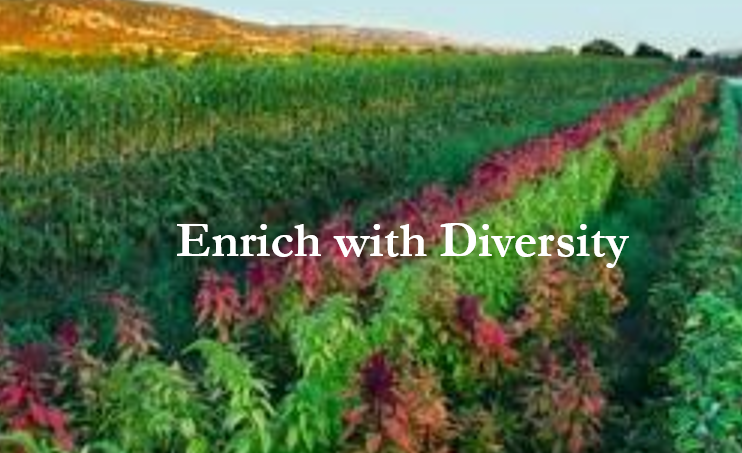
By committing to be allies (upstanders rather than bystanders) and talking about how to do so first in the context of our families, we are passing on the values of peacebuilders and changemakers. We are acting in our local context in ways that can trickle out and make the world a better place.
Changemakers are leaders who hold themselves, and those around them, accountable for the messages they convey through action or inaction. They also admit when they make a misstep and work to rectify it. Now is a good time to practice acting in order to be ready when the time is right. We have the opportunity to promote a “stick together” message in contrast to an “every man for himself” way of living (https://www.peace-ed-campaign.org/the-virus-of-crisis-nationalism) .
Among the myriad stories of attempts to do the right thing, and missteps based in privilege and narrow perspectives, there are lessons to be learned. The Changemaker Journey framework calls this quadrant of opportunity and challenge, “The Patchwork”. It can be a risky area when we have fewer people around us to set us straight.
When we interact from a “safe” distance via social media alone, we meet plenty of folks all too ready to call names with no face-to-face expectation of civil discourse. Yet, it may be only civil discourse (and science, of course!) that can save us.
Harvesting Tomorrow from Home
We may be homebound at this time but we are inextricably bound together around the world by our planet's climate challenges, our economic system and, as the current crisis highlights, our health and well-being.
Many of our leaders are using war analogies and tragic incidents like 9/11 and Pearl Harbor in an attempt to get our attention and highlight the gravity of our current situation. The problem with this approach is that the examples being used come from times when we were pitted against human ideologies. In this case, the “enemy” is not human, but viral. The solution lies not in fighting each other with weapons, but in joining together across the whole human race to use our intellects, our science, our habits and our compassion to stop the virus in its tracks.
An article by Dr. Werner Wintersteiner, an expert in peace research and global citizenship education from Alpen-Adria University, titled “The Virus of Crisis Nationalism” caught my eye this week. (You can read the entirety here: https://www.peace-ed-campaign.org/the-virus-of-crisis-nationalism.)
Windersteiner talks about how Covid-19 is shining a not-so-flattering light on the current state of our planet. We suffer from what he calls “national tunnel vision” where we have allowed ideology to dictate our actions beyond reason.
Despite the evident and necessary interdependence among nations, we have failed to develop any mutually beneficial policies with regard to economics or health. Without any sense of solidarity or cohesion, our attempts to address the virus crisis (or the climate crisis) are doomed to failure.
The author expresses concern that it could be our nationalism that is ultimately the downfall of the world we share. If we hope to prevent it, “the time for global citizenship is now.” When we resort to learned models of unchecked nationalism and overzealous patriotism, we are acting against our own best interests. Only global thinking will save us from viruses and climate challenges that know no boundaries.
From our homes we can accomplish global thinking, global learning and global messaging alongside our great appreciation for the countries we love and represent. To do so, we would be wise to:
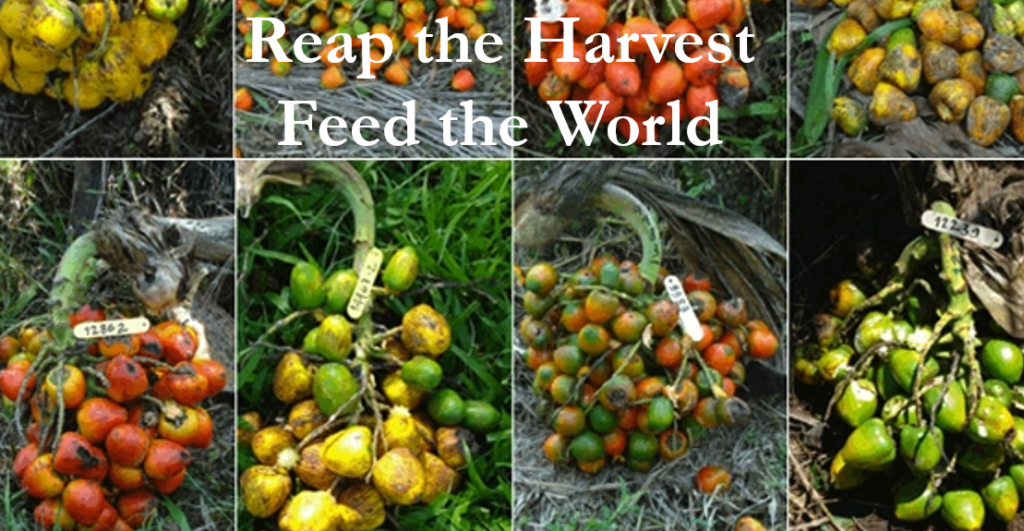
Think Globally, Act Locally…
and nationally…and globally.
- Consume the works of peacebuilders and changemakers
- Pass along messages that encourage a global mindset
- Work to develop global competencies
Learn about the local and global implications of the UN Sustainable Development Goals here. Which ones are you working on in your homes, in your communities, in your nation, and in the world we share? How are you continuing to do so even while bound to stay within your home?
We'd love to hear from you. Send us a message below to let us know.
Podcast: Play in new window | Download
Subscribe: Spotify | iHeartRadio | Email | TuneIn | Deezer | RSS | More
